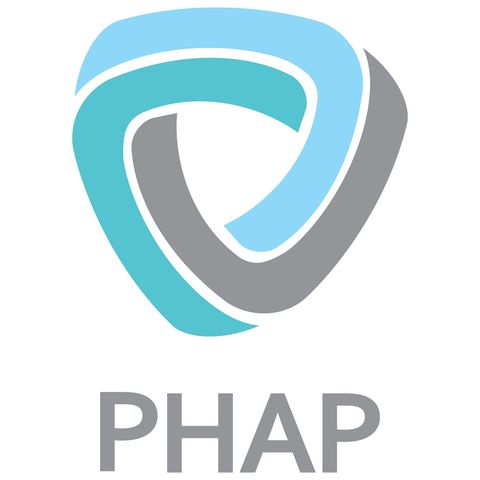World Humanitarian Summit – Neutrality: Practical dilemmas of principled action

Mar 2, 2016 ·
1h 59m 56s
In its series of discussions on how the core humanitarian principles relate to some of the practical issues raised in the World Humanitarian Summit consultation process, on 1 October 2015,...
show more
In its series of discussions on how the core humanitarian principles relate to some of the practical issues raised in the World Humanitarian Summit consultation process, on 1 October 2015, PHAP hosted session on the principle of neutrality. In conflict settings there is perhaps no more certain way for humanitarians to lose access than the perception of their having chosen sides. Paradoxically, neutrality is the principle most often challenged by humanitarians themselves, viewed as prohibiting public advocacy or as interfering with organizational values such as solidarity. Many organizations have developed specific definitions or interpretations of neutrality that diverge from that of the International Committee of the Red Cross (ICRC).
Neutrality functions as a key, gaining the trust of armed groups to "unlock" access to zones under their control. By establishing its neutrality, humanitarian aid – especially aid delivered to an "enemy" – demands that it be judged neither a hostile act, nor a contribution to the war efforts of the belligerent parties. The establishment of neutrality can be particularly challenging for national NGOs, who face different expectations and pressures than the international community.
In past decades, the underlying basis for neutrality has come under sustained attack by the political and military instrumentalization of the "with us or against us" discourse. This can be seen as all the more reason to adhere, to instill confidence in combatants and gain access to all communities caught up in the crisis, regardless their geographic location or political, religious, or ethnic affiliation. Yet adherence proves difficult in many contexts, especially where access to the "enemy" is blocked, or where key donor governments also play a role in the conflict. How do different organizations interpret neutrality? How do they define their duties in this regard? What measures do they put in place to demonstrate and safeguard neutrality? This session will invite a diverse set of panelists to explore these questions, with an eye to better understanding the intricacies of how neutrality works in contemporary humanitarian action.
The event began with an expert presentation on the topic by Kate Mackintosh, Deputy Registrar at ICTY. This was followed by a moderated discussion among a panel of experts which will also include Banu Altunbas, Director of International NGO Safety Organisation in the DRC; Marc Cohen, Senior Researcher at Oxfam America; and Samir Elhawary, Deputy Head at OCHA ROMENA. The event provided the opportunity for participants to provide their perspectives on the topic discussed, through the live chat, through posing questions to the panelists, and through live polls.
Read more at https://phap.org/WHS-1oct2015
show less
Neutrality functions as a key, gaining the trust of armed groups to "unlock" access to zones under their control. By establishing its neutrality, humanitarian aid – especially aid delivered to an "enemy" – demands that it be judged neither a hostile act, nor a contribution to the war efforts of the belligerent parties. The establishment of neutrality can be particularly challenging for national NGOs, who face different expectations and pressures than the international community.
In past decades, the underlying basis for neutrality has come under sustained attack by the political and military instrumentalization of the "with us or against us" discourse. This can be seen as all the more reason to adhere, to instill confidence in combatants and gain access to all communities caught up in the crisis, regardless their geographic location or political, religious, or ethnic affiliation. Yet adherence proves difficult in many contexts, especially where access to the "enemy" is blocked, or where key donor governments also play a role in the conflict. How do different organizations interpret neutrality? How do they define their duties in this regard? What measures do they put in place to demonstrate and safeguard neutrality? This session will invite a diverse set of panelists to explore these questions, with an eye to better understanding the intricacies of how neutrality works in contemporary humanitarian action.
The event began with an expert presentation on the topic by Kate Mackintosh, Deputy Registrar at ICTY. This was followed by a moderated discussion among a panel of experts which will also include Banu Altunbas, Director of International NGO Safety Organisation in the DRC; Marc Cohen, Senior Researcher at Oxfam America; and Samir Elhawary, Deputy Head at OCHA ROMENA. The event provided the opportunity for participants to provide their perspectives on the topic discussed, through the live chat, through posing questions to the panelists, and through live polls.
Read more at https://phap.org/WHS-1oct2015
Information
| Author | PHAP |
| Website | - |
| Tags |
Copyright 2024 - Spreaker Inc. an iHeartMedia Company
